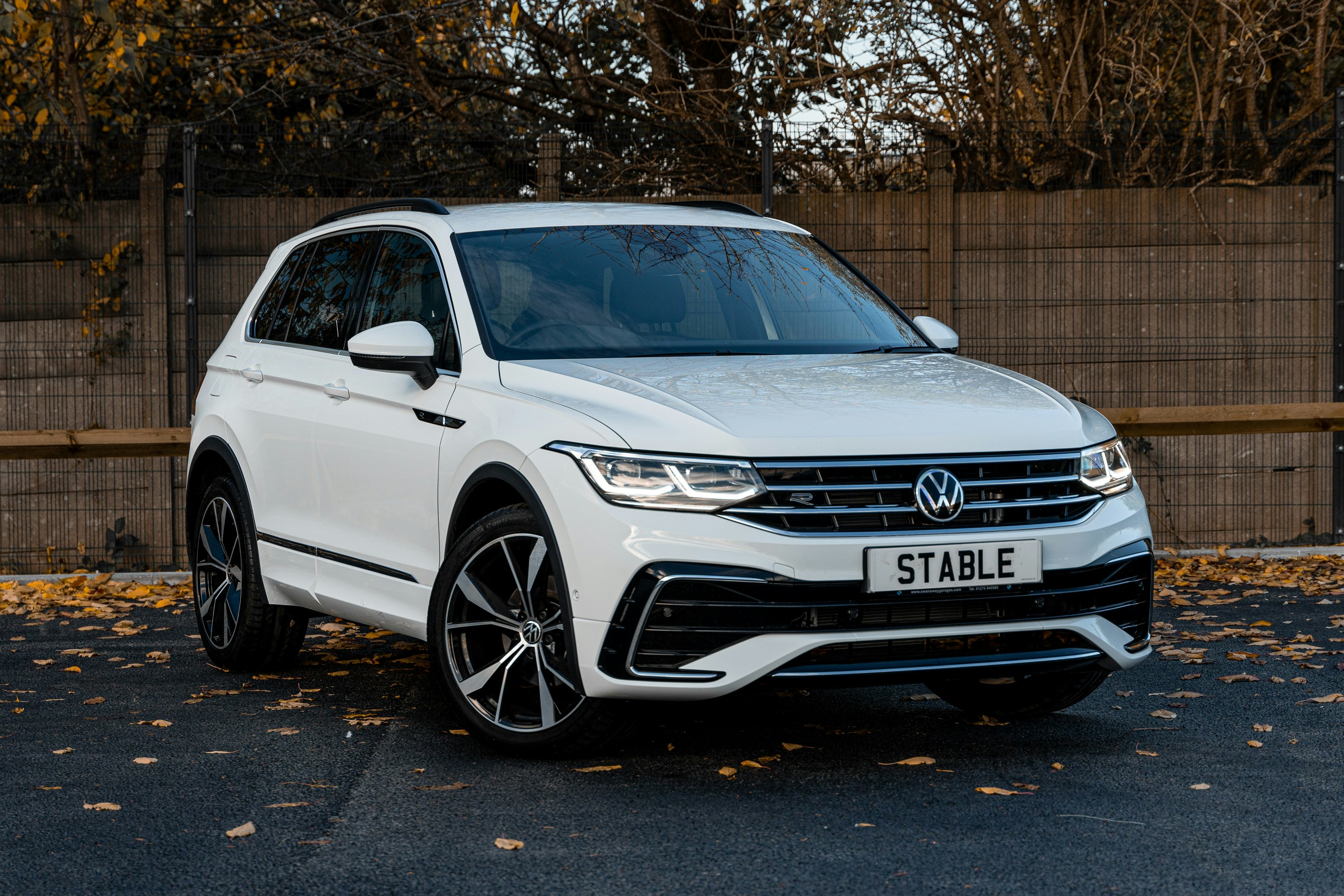Finding Your Perfect Ride: A Complete Guide to Car Deals
Purchasing a car represents a significant financial decision that impacts your daily life for years to come. Whether you're a first-time buyer or looking to upgrade your current vehicle, navigating car deals can feel overwhelming. With countless makes, models, pricing structures, and dealership options available, having a strategic approach is crucial. This comprehensive guide will help you confidently navigate the car-buying process, from identifying your needs to securing the best possible deal.

How to Choose the Right Car for Your Lifestyle
Selecting the right vehicle begins with an honest assessment of your lifestyle needs. Consider your daily commute, typical passenger count, and cargo requirements. A single urban professional might benefit from a fuel-efficient compact, while a growing family might need a spacious SUV or minivan with advanced safety features. Climate and geography matter too—all-wheel drive vehicles offer advantages in snowy regions, while city dwellers may prioritize parking ease and maneuverability.
Make a list separating “must-haves” from “nice-to-haves.” Essential features might include specific safety technologies, cargo capacity, or fuel efficiency, while desirable but optional features could include premium audio systems or advanced driver assistance. Setting these priorities before shopping prevents impulse decisions based on flashy but unnecessary features that can dramatically increase your costs.
Comparing Car Models Effectively
Research forms the foundation of smart car buying. Start by identifying three to five models that potentially meet your requirements, then systematically compare them across consistent categories. Focus on specifications that matter most to your situation: fuel economy, safety ratings, reliability scores, maintenance costs, and resale value. Resources like Consumer Reports, Kelley Blue Book, and Edmunds provide detailed, objective comparisons that go beyond manufacturer marketing.
Don’t overlook the importance of long-term ownership costs. The purchase price represents only part of your total expenditure—fuel consumption, insurance premiums, maintenance schedules, and depreciation rates significantly impact your true cost of ownership. Some vehicles with higher upfront costs may actually save money over time through better reliability and slower depreciation.
How to Spot a Good Car Deal
Understanding market value provides your most important negotiating tool. Research the fair market price for your chosen models using resources like TrueCar, Kelley Blue Book, and Edmunds. These platforms aggregate actual transaction data to show what others have recently paid for similar vehicles in your area, establishing a realistic target price range.
Timing your purchase can yield substantial savings. End-of-month, end-of-quarter, and end-of-model-year periods often bring enhanced incentives as dealers and manufacturers strive to meet sales targets. Holiday weekend sales frequently feature legitimate promotions, while weekday visits to dealerships typically provide more personalized attention than busy weekends.
Look beyond the headline discount to understand the complete financial picture. A seemingly attractive rebate might be offset by less favorable financing terms. Calculate your total cost including interest if financing, not just the monthly payment which can be manipulated by extending loan terms. Remember that factory rebates and special financing usually represent either/or propositions—you typically can’t combine both maximum cash back and 0% financing.
Where to Buy a Car in Your Area
The traditional dealership experience continues evolving with increased price transparency and streamlined processes. Visit multiple dealerships to compare inventory, pricing, and customer service approaches. Independent dealers often offer competitive pricing on used vehicles, while franchise dealerships provide manufacturer warranty support and certified pre-owned options with extended protection.
Online car-buying platforms have revolutionized the purchasing process. Services like Carvana, CarMax, and Vroom offer fixed-pricing models that eliminate haggling, home delivery options, and generous return policies. Many traditional dealerships now provide similar online services with virtual showrooms and home test drives, combining digital convenience with local support.
Consider expanding your search radius to include neighboring communities where competition and inventory may yield better options. A few hours of travel could save thousands on your purchase, especially for specific models or trim packages.
Car Buying Cost Considerations
Understanding the full spectrum of expenses beyond the sticker price helps prevent budget surprises. In addition to your purchase or lease payment, budget for insurance premiums, registration fees, fuel costs, regular maintenance, and potential repairs. Luxury and performance vehicles typically carry premium costs across all these categories.
| Vehicle Segment | Average Starting Price | Typical 5-Year Ownership Cost | Average Insurance Premium |
|---|---|---|---|
| Compact Sedan | $20,000 - $25,000 | $30,000 - $38,000 | $1,300 - $1,800 annually |
| Midsize SUV | $30,000 - $40,000 | $44,000 - $56,000 | $1,600 - $2,100 annually |
| Luxury Sedan | $40,000 - $55,000 | $65,000 - $80,000 | $2,000 - $3,500 annually |
| Electric Vehicle | $35,000 - $45,000 | $40,000 - $50,000 | $1,800 - $2,400 annually |
| Full-Size Truck | $35,000 - $45,000 | $52,000 - $65,000 | $1,700 - $2,200 annually |
Prices, rates, or cost estimates mentioned in this article are based on the latest available information but may change over time. Independent research is advised before making financial decisions.
Consider all available financing options before committing. Credit unions often offer more competitive rates than dealership financing. Pre-approval from your financial institution provides negotiating leverage and protects against potentially predatory dealer financing packages. Calculate the difference between cash incentives versus special financing to determine which provides greater long-term savings.
Finalizing Your Car Purchase
Once you’ve identified your ideal vehicle, negotiate strategically. Focus negotiations on the “out-the-door” price rather than monthly payments, which can obscure the true cost. Be prepared to walk away if necessary—willingness to leave often produces the best offers. Review all documentation carefully before signing, paying particular attention to any added dealer fees or accessories that weren’t part of your negotiation.
Consider the ownership experience beyond the purchase. Research service department reputations, warranty coverage, and availability of qualified independent repair shops for your chosen make and model. Even the perfect deal loses its luster if ongoing maintenance becomes unnecessarily expensive or inconvenient.
Finding the right car at the right price requires research, patience, and strategic decision-making. By understanding your needs, comparing options methodically, recognizing true value, and negotiating effectively, you’ll drive away with both a vehicle that meets your needs and the satisfaction of knowing you secured a genuinely good deal.




